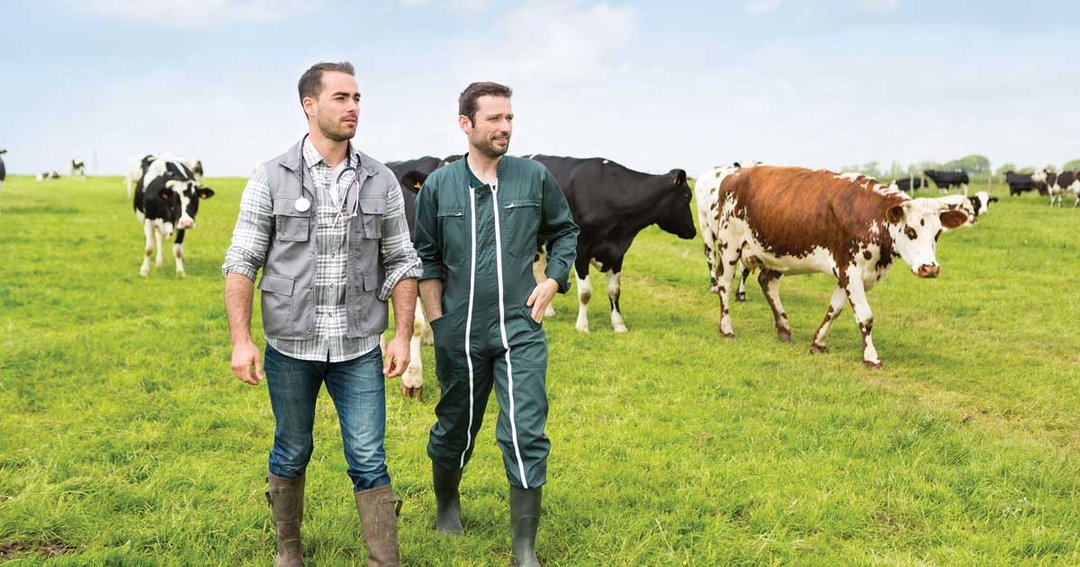11 Sept 2024
Officials from RUMA Agriculture UK have offered to share insights from their work following publication of study showing farmer disconnect with efforts.

Image © Production Perig / Adobe Stock
Leaders in the drive to reduce UK agriculture’s antibiotic usage have praised a study that warned of a risk of farmers being “disconnected” from the aim.
Researchers believe their analysis of New Zealand dairy producers highlights the need for improved communication by vets on the importance of tackling antimicrobial resistance (AMR).
Now, officials from RUMA Agriculture UK have offered to share insights from their work following publication of the study in the One Health Outlook journal.
Antibiotic sales for food-producing animals have fallen by nearly 60% in the UK since 2014, and the group said collaboration between clinicians and producers had made responsible medicine usage “part of everyday language”.
Group chairperson Catherine McLaughlin said: “RUMA applauds the authors of this survey which provides useful and actionable insights.
“We would be happy to engage with the relevant New Zealand authorities to share more detail about UK agriculture’s work in tackling AMR that has been underway for well over a decade and which has been underpinned by a coordinated, voluntary response, with a one health focus at its heart.
“We know from our experience that a coordinated and supportive approach is important, as well as providing farmers and vets with the right tools to help make informed and responsible decisions about antibiotic use in order to tackle AMR.”
Academics from the RVC and Massey University in New Zealand collaborated with AgResearch to conduct what is believed to be the first study of its kind globally to assess farmers’ understanding of concepts such as AMR and one health.
The project piloted a questionnaire that was used to conduct interviews at 15 dairy farms on New Zealand’s North Island in late 2021.
The study found that none of the participants could define one health, while nine admitted knowing nothing about the concept.
Eight of the interviewed farmers were said to have made connections between antimicrobial usage (AMU) and AMR, with five indicating “limited knowledge or concern” for the latter.
But the researchers also reported several responses had indicated the use of “illegal methods” to dispose of veterinary medicines, while only one producer was aware that regulations governing the use of products classed as restricted veterinary medicines (RVMs) were legal requirements.
Although the paper acknowledged both the currently low level of AMU within New Zealand’s animal systems and the “established and realistic pathway” through which concerns can be addressed, it warned that a new “push” for greater collaboration was necessary amid “a steady rise in resistance genes” within human data.
It also argued that RVM consultations could give vets a chance to “encourage farmers to see themselves as part of the solution”.
The paper continued: “Veterinarians need to do more to keep their clients informed of their important role and engagement within the one health triad – especially regarding environmental aspects.”
Principal interviewer Kurt Arden, RVC senior lecturer in veterinary public health, described the one health model as “an important and globally significant transdisciplinary movement”.
But he added: “However, our pilot results show that farmers feel disconnected and do not feel included within the decision making regarding antimicrobial usage.
“Our results have hopefully laid some of the groundwork needed to help dairy farmers feel more included within the regulatory discussions which directly impact their livelihoods.”